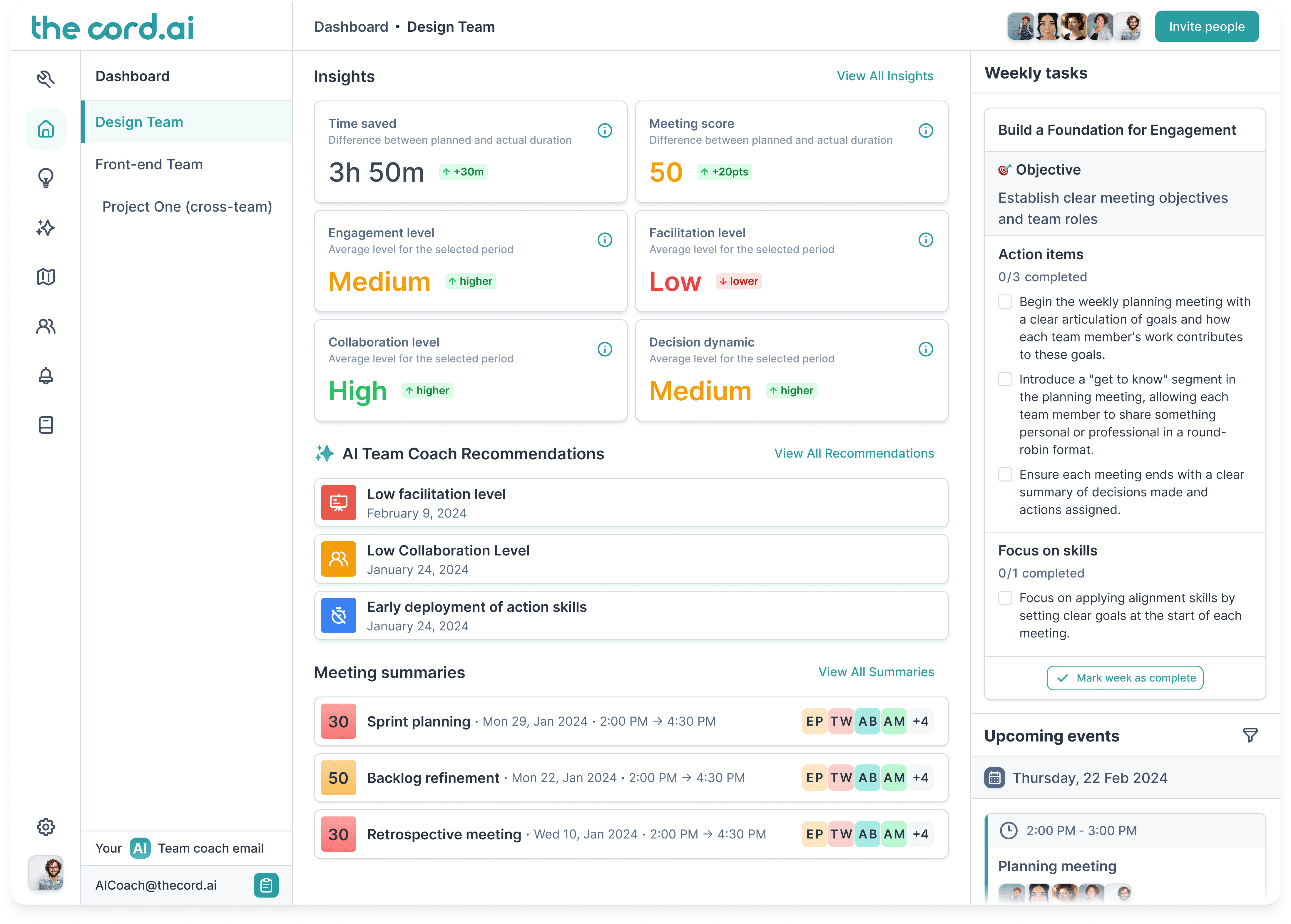According to a recent foresight study entitled “Workwise - Possible outcomes for 2030” conducted by Pluxee Romania and FutureStation, the labour market's trajectory hinges on two pivotal uncertainties: the predominant skill level of the local workforce and the dominant employment model by 2030. The employment landscape's shape—whether it leans towards traditional roles or shifts significantly towards gig economy and transient professional relationships - remains a topic of intense speculation.
Fractional talent and the democratised workforce
The envisioned future speaks of a democratised labour market where employment is increasingly hybrid, blending physical presence with remote work, sometimes extending into virtual spaces or the metaverse. The pandemic-induced acceleration in automation and digitization has reshaped the employment landscape, phasing out many low-skilled jobs. This shift, a collaborative effort between the private sector, government, and educational systems, aims to cultivate talent-rich local markets favouring flexibility and project-based work. Employers transform into marketplaces for professionals, fostering an "uberization" of work that not only democratises opportunity but also grants companies the agility to meet specific talent needs.
However, HR professionals seem to underestimate this satisfaction level, highlighting a gap between perceived and actual employee autonomy.
Another scenario explores a future centred on values and impact, where organisations cultivate skills in a workforce engaged in meaningful roles. Despite a post-pandemic return to traditional employment structures, employees gravitate towards companies that align with their values, emphasising collaboration and cultural cohesion within physical workspaces. In this future, work transcends salary considerations, focusing instead on contributing to a greater good.
Considering the recent crises, job security remains paramount. Employers respond by filling educational gaps, offering continuous learning opportunities to meet market demands. This approach fosters community-oriented work environments, where companies invest in local communities, enhancing employee loyalty and security. HR's role evolves, focusing on guiding employee career development and encouraging them to reach their full potential.
The labour market might see a significant rise in basic jobs and on-demand tasks, characterised by high workforce fluidity and transactional employer-employee relationships. This scenario reflects a reality where workers seek flexibility and adaptability, with employers focusing on immediate employee needs rather than long-term human resource development.
As we look towards 2030, it's clear that the labour market's future will be shaped by a blend of technological advancements, changing human values, and evolving employment models. For organisations and HR leaders, the challenge lies in adapting to these changes, fostering environments that support flexible, value-driven, and continuous learning pathways for employees. By anticipating these trends, we can navigate the transformative landscape of work, ensuring a future that benefits both employers and the workforce at large.
Check the entire study here: https://www.sodexo.ro/hr-livingroom-tendinte-piata-muncii/











